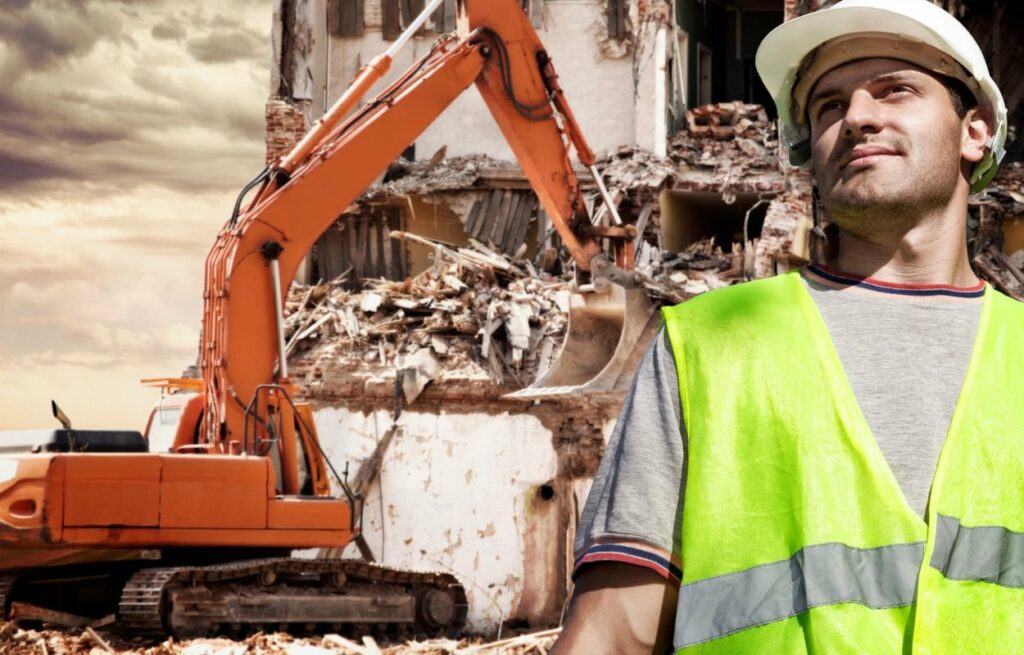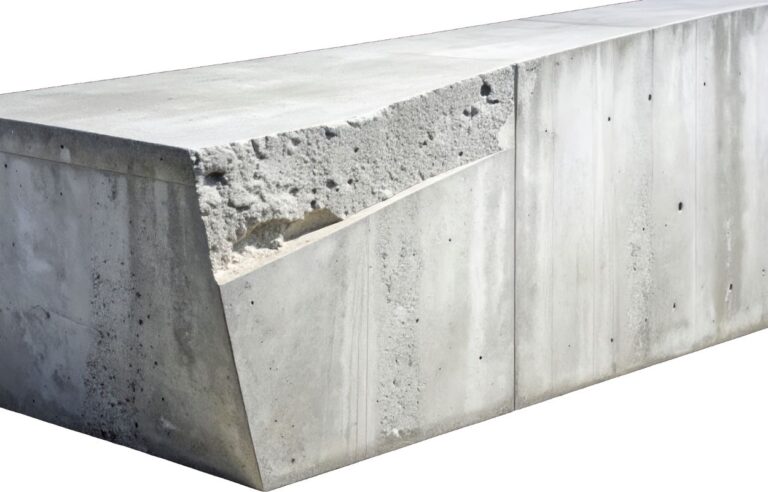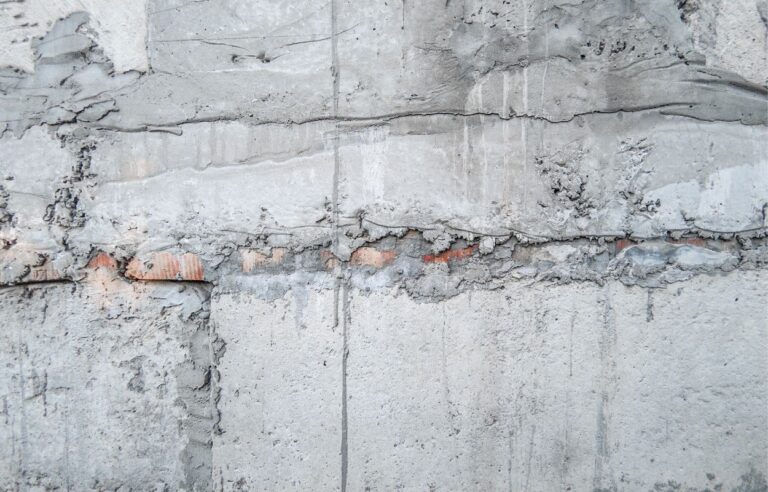
Demolition services in Vernon play a crucial role in the urban development landscape, transforming old structures to make way for new ones. However, the process comes with its own set of challenges, emphasizing the need for safe demolition practices. In this blog post, we will explore the importance of such practices and highlight six key guidelines to ensure responsible and efficient demolition services in Vernon.
UNDERSTANDING THE IMPORTANCE OF SAFE DEMOLITION
Before delving into the specific practices, it’s essential to recognize why safe demolition practices are vital. Ensuring the safety of workers, nearby residents, and the environment is paramount. Additionally, following proper procedures helps minimize the impact on surrounding structures and allows for the responsible disposal of debris, contributing to a more sustainable construction industry.
SITE ASSESSMENT AND PLANNING
The first step in any safe demolition process is a thorough site assessment. Identify potential hazards, such as the presence of hazardous materials, unstable structures, or environmental concerns. Proper planning involves developing a comprehensive strategy, including the sequence of demolition, equipment needed, and safety measures to be implemented. This initial phase lays the foundation for a smooth and secure demolition process.
USE OF SPECIALIZED EQUIPMENT
Demolition services in Vernon should utilize specialized equipment designed for various types of structures. This might include high-reach excavators, wrecking balls, or concrete crushers. The choice of equipment depends on the nature of the structure and the surrounding environment. Properly maintained and operated machinery not only ensures efficiency but also reduces the risk of accidents during the demolition process.
SAFE REMOVAL OF HAZARDOUS MATERIALS
Many older structures may contain hazardous materials such as asbestos, lead-based paint, or other toxic substances. Safely removing and disposing of these materials is a critical aspect of responsible demolition. Engage certified professionals to handle hazardous materials, following all regulations and guidelines to protect both workers and the environment. This meticulous approach guarantees a safe and eco-friendly demolition process.
DUST AND NOISE CONTROL MEASURES
Demolition activities often generate dust and noise, impacting both workers and the surrounding community. Implementing effective control measures is essential to mitigate these impacts. Using water sprays to suppress dust and scheduling noisy activities during permitted hours are simple yet effective ways to minimize the disruption caused by demolition services in Vernon.
WASTE MANAGEMENT AND RECYCLING
Responsible waste management is a key component of safe demolition practices. After demolition, segregate materials for recycling whenever possible. Concrete, metal, and wood can often be recycled, reducing the environmental footprint of the demolition project. Proper disposal of non-recyclable materials is equally important, ensuring compliance with local regulations and minimizing the impact on landfills.
In conclusion, safe demolition practices in Vernon are integral to fostering a sustainable and responsible construction industry. By prioritizing site assessment and planning, utilizing specialized equipment, safely removing hazardous materials, controlling dust and noise, and implementing effective waste management, demolition services can contribute to the growth of the community while minimizing adverse effects. It is crucial for demolition contractors and stakeholders to collaborate in implementing these practices, ensuring a safer and more environmentally friendly demolition process.
